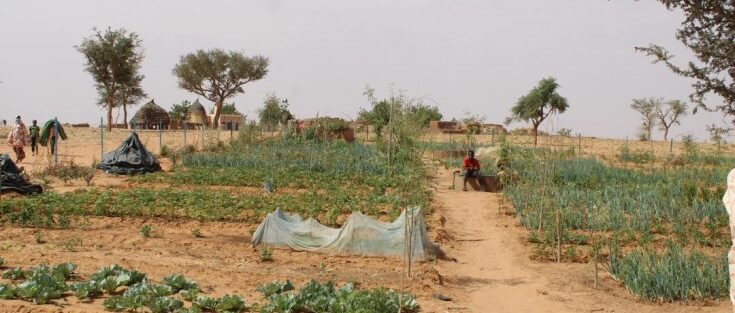Introduction
In rural Africa, poverty is a multifaceted issue influenced by limited access to resources, education, and economic opportunities. Product research, which involves studying and developing products tailored to specific needs and contexts, can play a transformative role in addressing these challenges. By focusing on products that directly impact daily life, product research can drive innovations that enhance livelihoods, improve health, and boost economic development. This article explores how product research can make a significant difference in alleviating rural poverty in Africa.
Identifying Local Needs and Preferences
Effective product research starts with understanding the unique needs and preferences of rural populations. In-depth research can reveal specific challenges faced by these communities, such as access to clean water, energy, and affordable healthcare. For instance, studies might uncover that rural areas suffer from frequent power outages, prompting the need for affordable, durable, and energy-efficient lighting solutions.
By involving local communities in the research process, companies and organizations can ensure that products are designed to meet their actual needs rather than assuming what might be required. This participatory approach leads to products that are more likely to be adopted and used effectively.
Designing Appropriate and Affordable Solutions
One of the key benefits of product research is the development of solutions that are both effective and affordable. Rural populations often have limited financial resources, so products must be cost-effective without compromising quality.
For example, research into low-cost, durable materials can lead to the creation of affordable housing solutions or agricultural tools. Similarly, innovations in solar technology can provide cost-effective and sustainable energy solutions, reducing reliance on expensive and polluting fuels.
Enhancing Agricultural Productivity
Agriculture is a cornerstone of rural economies in Africa, and product research can significantly impact this sector. Research into agricultural products, such as seeds, fertilizers, and irrigation systems, can lead to the development of solutions that enhance productivity and resilience.
For example, developing drought-resistant crop varieties or affordable, efficient irrigation systems can help farmers improve yields and manage the impacts of climate change. Additionally, research into post-harvest technologies can reduce food waste and increase food security.
Improving Health and Hygiene
Health and hygiene are critical areas where product research can make a substantial impact. Research can lead to the development of affordable and effective healthcare products, such as water purification systems, low-cost medical diagnostic tools, and basic sanitary products.
For instance, research into simple and affordable water filters can provide access to clean drinking water, reducing the incidence of waterborne diseases. Similarly, low-cost diagnostic tools can improve access to healthcare services, enabling early detection and treatment of common illnesses.
Supporting Small Businesses and Entrepreneurship
Product research can also support small businesses and entrepreneurship in rural areas. By identifying market needs and gaps, research can guide the development of products that create new business opportunities.
For example, research into local crafts and agricultural products can lead to the creation of value-added products that can be sold in larger markets. This not only generates income but also promotes local industries and entrepreneurship.
Driving Sustainable Practices
Sustainability is a crucial consideration in product research, especially in rural areas where environmental impact can be significant. Research can lead to the development of products that minimize environmental damage and promote sustainable practices.
For instance, research into eco-friendly materials and technologies can lead to the creation of products that reduce waste and pollution. Similarly, sustainable agricultural practices and products can help preserve natural resources while improving productivity.
Facilitating Access to Markets
Product research can also address barriers to market access for rural producers. Research into distribution channels, packaging, and marketing strategies can help rural entrepreneurs reach wider markets and increase their sales.
For example, developing durable and affordable packaging can protect products during transportation and make them more appealing to buyers. Research into effective marketing strategies can also help rural businesses promote their products and connect with consumers.
Conclusion
Product research has the potential to drive meaningful change in rural Africa by addressing specific needs, enhancing agricultural productivity, improving health and hygiene, supporting small businesses, promoting sustainability, and facilitating market access. By focusing on products that are tailored to the unique challenges of rural communities, product research can contribute to alleviating poverty and improving the quality of life for millions of people in rural Africa. Investing in product research and ensuring that findings are effectively translated into practical solutions are essential steps toward creating lasting impact.



